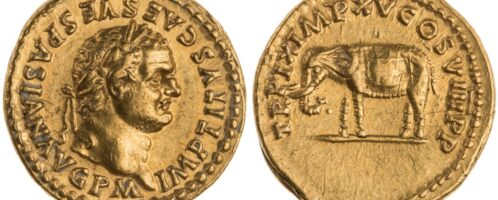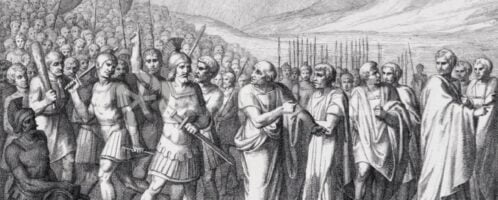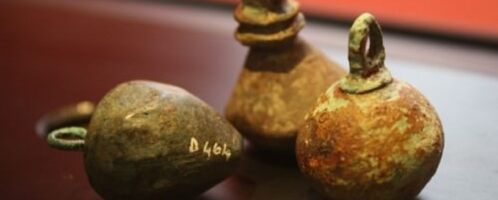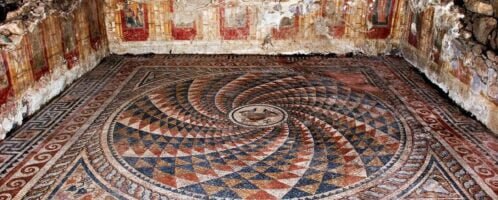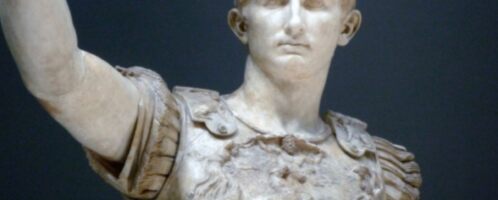If you have found a spelling error, please, notify us by selecting that text and pressing Ctrl+Enter.
Curiosities of ancient Rome
The world of ancient Romans abounded in a number of amazing curiosities and information. The source of knowledge about the life of the Romans are mainly works left to us by ancient writers or discoveries. The Romans left behind a lot of strange information and facts that are sometimes hard to believe.
Menenius Agrippa’s fable
Argentarii – Roman bankers
Roman bankers appeared in the 3rd century BCE. Initially, they were called trapezitai in Greek, but then the Latin name argentarii came into use.
Attila – leader of Huns
Attila – the leader of Huns, one of the most important figures in the history of the late-antique world. Together with his brother Bleda, he inherited power from his uncle – Ruas. In the year 445 CE killed his brother while hunting, allegedly mistaking him for a bear. He then became the independent ruler of the Hunnic Empire. In the 40s of the 5th century, the Eastern Roman Empire paid Attila several thousand pounds of gold of various kinds of tribute and tribute.
Roman sarcophagus showing four busts
Roman sarcophagus showing four busts, probably family members. The cover imitates a tiled building. The object is dated to the mid-2nd century CE. The artefact was discovered in Thessaloniki and is now on display at the Archaeological Museum of Thessaloniki.
Petrified Roman bread
Petrified Roman bread from 79 CE. On the bread, there is an inscription: owned by Celer, slave of Q. Granius Verus. The find comes from Herculaneum (near Pompeii) and dates back to the 1st century CE. What is worth emphasizing, the basic ingredient of Roman’s dinner was bread.
Roman mosaic in dining room
Roman mosaic in the banqueting room (triclinium) of a villa in Antandros, northwestern Turkey. The scene in the center of the floor mosaic shows a vessel and birds. The object is dated to the 4th century CE.
Feast of twelve gods
Octavian Augustus was to organize the so-called feast of the twelve gods, i.e. a feast where each guest was dressed as a deity. The emperor chose the figure of Apollo for himself. The people of Rome did not like it for two reasons – such games were considered to arouse the wrath of God, and second – there was a great famine in the city at the time. People even said that “the gods had eaten all the grain”.
Roman tombstone of Gaius Popillius
Roman tombstone of a certain Gaius Popillius, who was shown on a representative chair. In front of him is probably his slaveholding a scroll and making the gesture of “horns”, thus drawing the misfortune away from his master.

